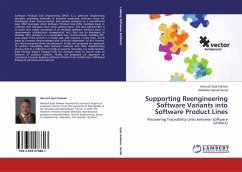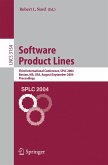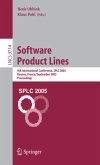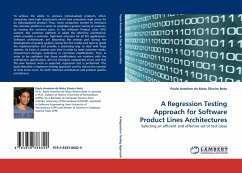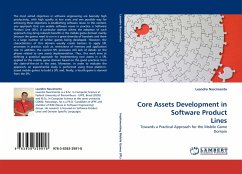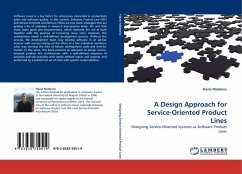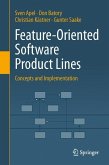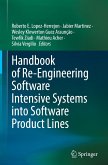Software Product Line Engineering (SPLE) is a software engineering discipline providing methods to promote systematic software reuse for developing short time-to-market and quality products in a cost-efficient way. SPLE leverages what Software Product Line (SPL) members have in common and manages what varies among them. The idea behind SPLE is to build core assets consisting of all reusable software artifacts (such as requirements, architecture, components, etc.) that can be leveraged to develop SPL's products in a prescribed way. Unfortunately, building SPL core assets from scratch is a costly task and requires a long time, which leads to increase time-to-market and up-front investment. In this context, our thesis proposes three contributions. Firstly, we proposed an approach to recover traceability links between features and their implementing source code in a collection of product variants. Secondly, we study feature-level Change Impact Analysis (CIA) for changes made to source code of features of product variants. Finally, we proposed an approach to contribute towards building Software Product Line Architecture (SPLA)and linking its elements with features.

